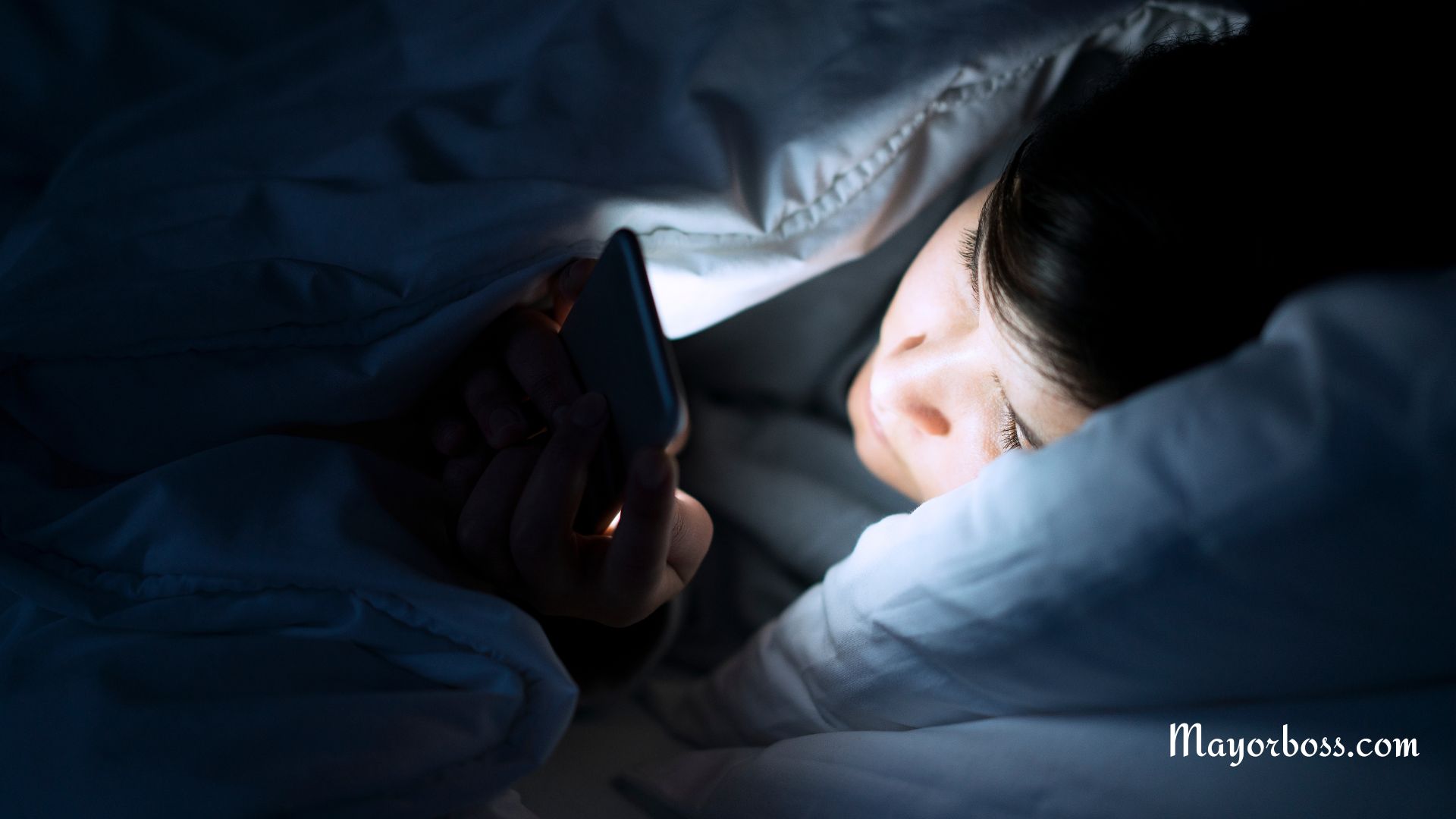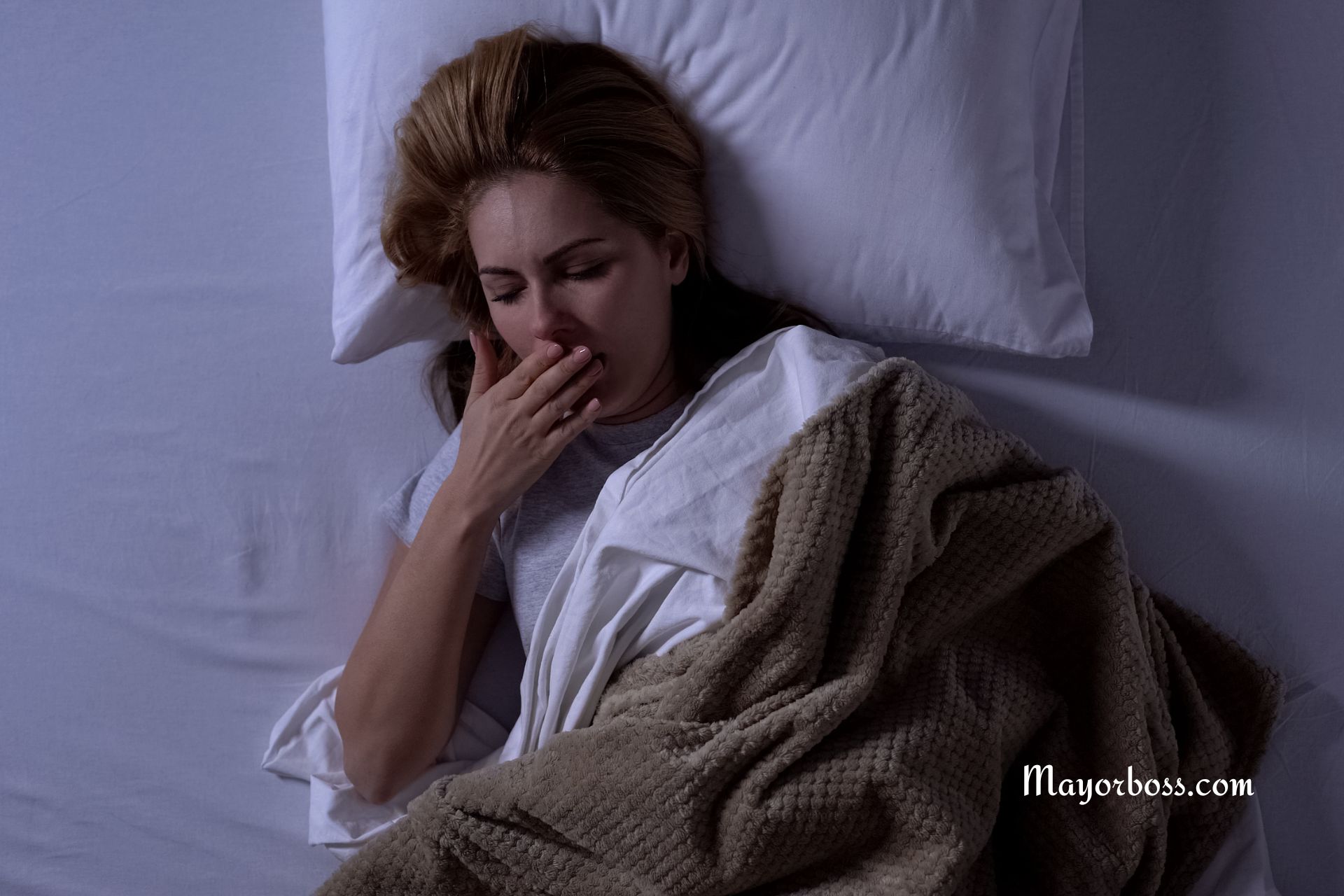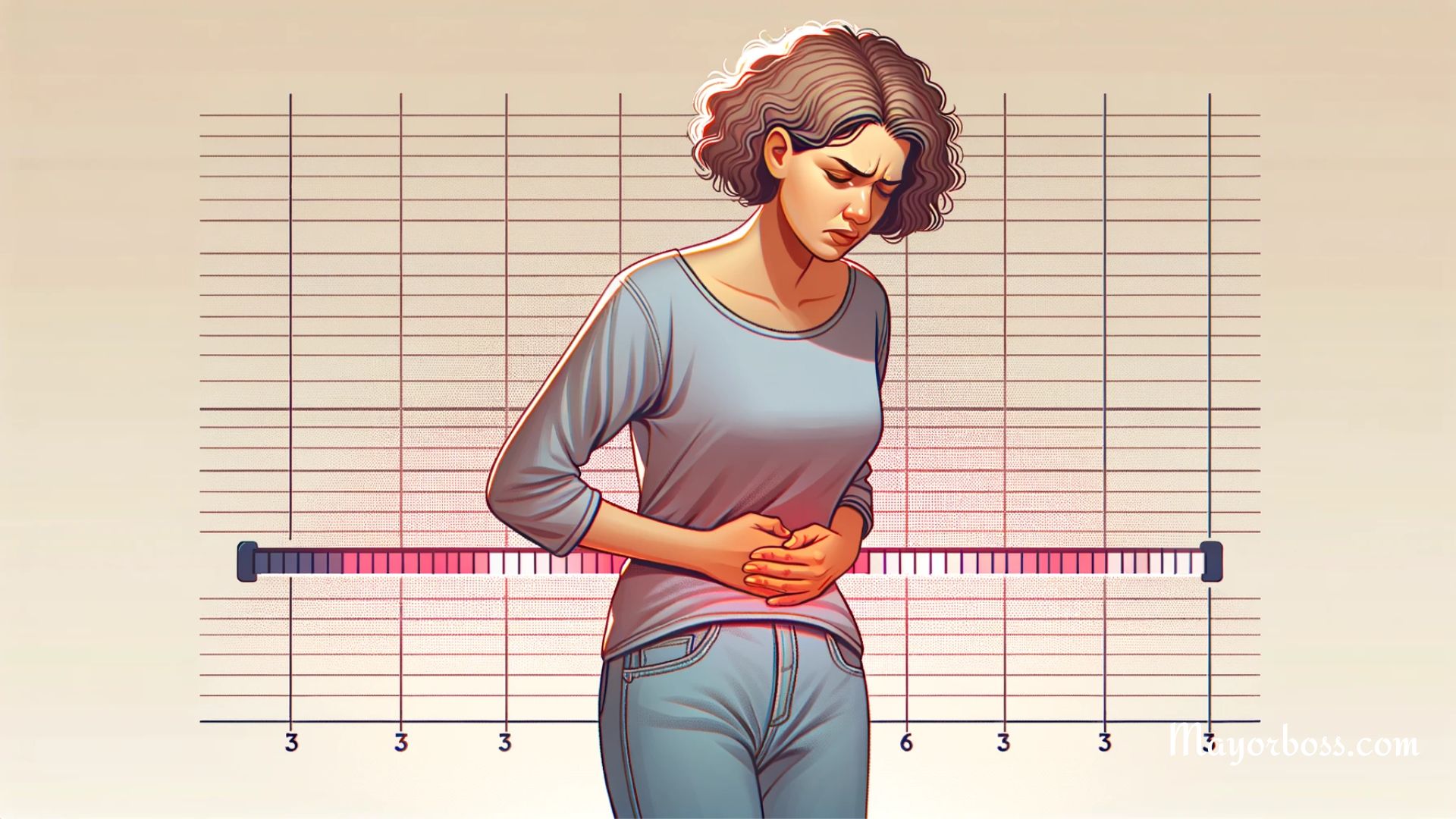Will Blue Light From Your Screen Disrupt Your Sleep?
If you’re reading this on your phone, tablet, or computer screen, chances are you’re being exposed to blue light right now. And if you’re doing this just before bed, you might want to rethink your nighttime routine. Blue light from screens has become a hot topic in discussions about sleep health, and for good reason.

What is Blue Light and Its Effects?
Blue light is a part of the visible light spectrum, and it’s notable for having a short wavelength and high energy. It’s not just your devices that emit it; the biggest source of blue light is actually sunlight. But why is the blue light from screens a concern, especially at night?
The Science Behind Blue Light and Sleep
Your body’s internal clock, or circadian rhythm, controls your sleep-wake cycle. Light, particularly blue light, plays a crucial role in this system. Exposure to blue light during the day is beneficial – it boosts attention, reaction times, and mood. However, at night, it can be a different story.
When your eyes are exposed to blue light in the evening, it can absolutely trick your brain into thinking it’s still daytime. This can inhibit the production of melatonin, the hormone responsible for sleepiness, disrupting your natural sleep-wake cycle. Essentially, that late-night scrolling or TV binge-watching can be sending a “stay awake” signal to your brain.
Real-Life Impacts of Blue Light on Sleep
You might wonder if this is just theoretical. However, numerous studies have linked excessive screen time, especially before bedtime, to difficulty falling asleep, decreased sleep quality, and overall reduced sleep duration.
Personal Anecdote
Think about the last time you had a late-night Netflix marathon or scrolled through social media before bed. Did you find it harder to fall asleep or feel less rested the next day? You’re not alone. Many of us have experienced the tossing and turning that follows a night spent with our screens.
Scientific Backing
Research supports these personal anecdotes. For instance, a study in the Journal of Applied Physiology found that exposure to blue light during the evening hours can decrease melatonin secretion, leading to altered circadian rhythms and sleep disturbances.
What Can You Do About It?
The good news is that you can take steps to minimize the impact of blue light on your sleep.
Screen Time Management
First, consider a digital curfew. Try to turn off all screens at least an hour before bedtime. This can be hard, especially if you’re used to winding down with a show or social media, but it can make a significant difference in your sleep quality.
Blue Light Filters
Most modern devices now come with built-in settings or apps that reduce blue light emission. These filters, often termed as “night mode,” can help minimize blue light exposure if you must use a device before bed.
The Role of Lighting
It’s not just about screens. The lighting in your home can also contribute to blue light exposure. Opt for dim, warm lights in the evening to create a more sleep-friendly environment.
When to Talk to a Professional
If you’ve made these changes and still struggle with sleep, it might be time to consult a healthcare professional. Sleep disturbances can have various causes, and it’s important to get a comprehensive evaluation.
Key Takeaways
- Blue light from screens can disrupt your sleep by interfering with your circadian rhythm and suppressing melatonin production.
- Minimize screen time before bed, use blue light filters, and adjust your home lighting to promote better sleep.
- If sleep problems persist, seek advice from a healthcare provider.
Remember, while technology has become an integral part of our lives, it’s important to manage its impact on our natural sleep patterns. By being mindful of our screen time and its effects, we can enjoy both the benefits of technology and a good night’s sleep.






